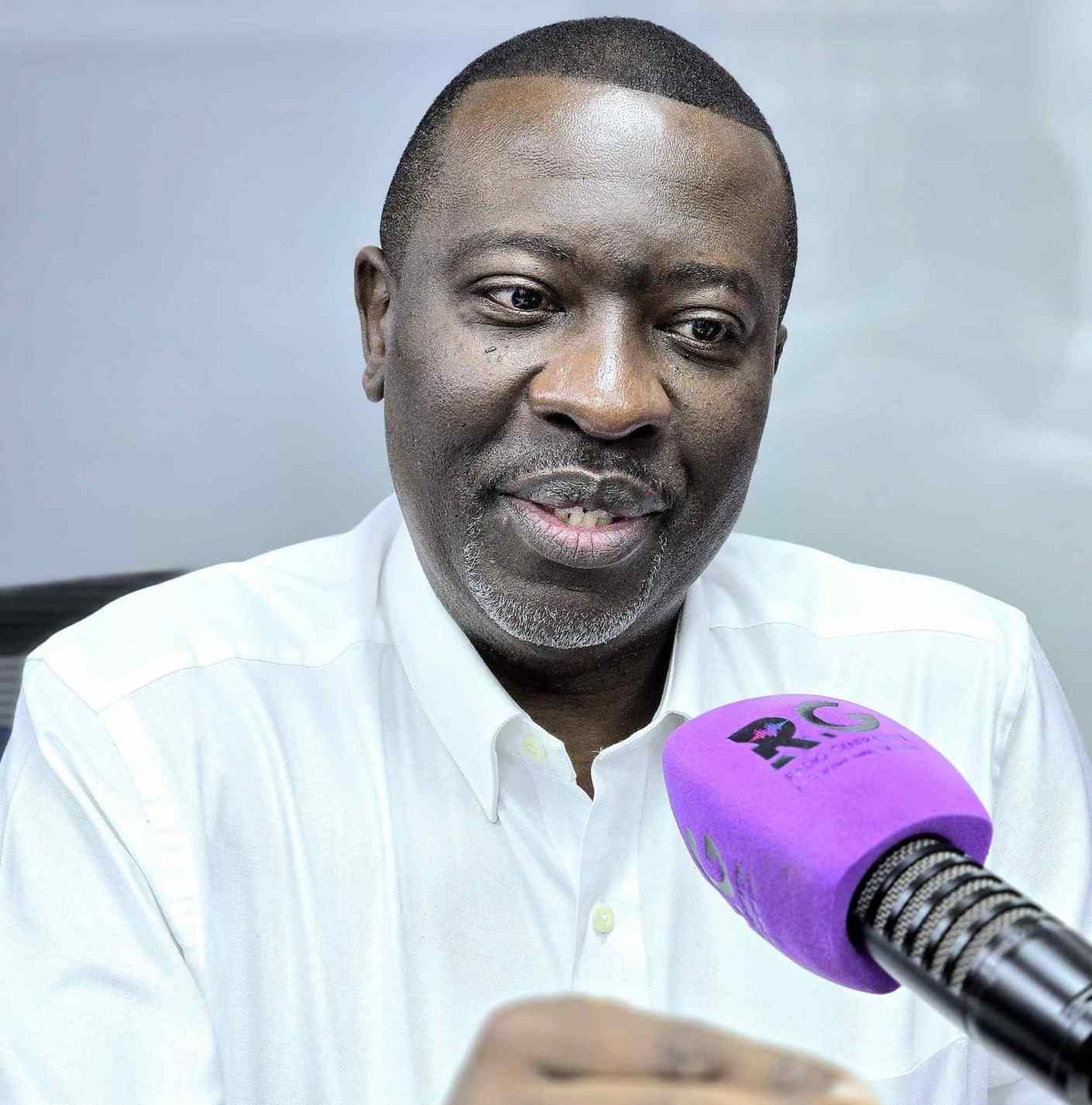Kenya’s fight against cancer remains heavily skewed towards treatment, with limited focus on early detection and prevention, the National Cancer Institute has cautioned, urging a major rethink in funding priorities and healthcare delivery models.
Institute chairperson Timothy Olweny said although there is substantial cancer-related funding across different levels—directly to the institute, through insurance schemes, or to counties for personnel and infrastructure—the money is scattered and mostly used for curative services rather than proactive screening and risk prevention.
“There is funding, yes, but it comes in different pockets. We have money that goes to run the Institute, funding through insurance to pay for healthcare, and other resources that support infrastructure. But counties also have a major role, since healthcare is devolved,” Olweny said during an interview with Radio Generation.
He pointed out that the current cancer strategy lacks coordination and sustainability, especially when compared to the growing burden of chronic illnesses like diabetes and cancer that continue to be underfunded.
“While I do agree that the funding is never enough, we have to change how we think about cancer. We must shift our priorities. Too many cases are being diagnosed too late, leading to poor outcomes and higher costs,” he said.
Kenya Vital Statistics Report 2024 by the Kenya National Bureau of Statistics shows cancer was the second leading cause of death among women last year, killing 4,498 out of 50,926 registered female deaths. Among men, pneumonia led with 5,244 deaths out of 62,451.
The KNBS report also highlights a steady rise in cancer fatalities, placing it as the fifth leading cause of death in 2021, fourth in 2022, and second in both 2023 and 2024.
In health facilities, pneumonia, cancer and cardiovascular conditions were the top killers. Outside hospitals, sudden deaths, pneumonia and cancer were most common.
Olweny said reversing the trend will require stronger investment in primary health care, particularly integrating cancer screening, risk profiling and awareness into daily health services.
“We call it a leftward shift. We need to focus on prevention. That’s why the Primary Health Care Fund under the new social health insurance system was designed to allocate more resources to early detection,” he said.
He noted the goal is to make screening part of routine care so that clinicians can assess risk and order tests when needed.
“That’s the only way we can manage cancer better and reduce the long-term burden,” he added.
Olweny stressed that early diagnosis not only improves chances of survival but also cuts long-term treatment costs.
“We’ve put too much into curative care, personnel, equipment, training, funding. That’s understandable in crisis, but over time, prevention is both cheaper and smarter,” he said. “When your house is on fire, you focus on putting it out. But we must start asking, how do we stop the fire from starting in the first place?”
He said the country’s health system remains overstretched, both in terms of diagnostic capacity and staff training, which is why the institute is working to embed cancer education into medical training.
“It shouldn’t just be about cancer camps on World Cancer Day. Cancer awareness must be part of everyday healthcare,” he said.
Olweny also stressed the importance of public education, saying more Kenyans need to recognise early warning signs and take screening seriously.
“People must understand the signs and symptoms of cancer, especially those at higher risk due to age or family history. Screening is key, and patients must be made aware that it’s available and necessary,” he said.
He added that early-stage cancers such as “cancer in situ” can often be cured if detected before spreading. “But when people show up late and the system isn’t ready, we’ve failed them,” he said.
Olweny said five types of cancer make up most cases in Kenya: breast and cervical cancers among women, prostate cancer in men, and oesophageal and colorectal cancers across both genders. These, he said, should be prioritised for both prevention and treatment.
“In fact, if we could make a significant impact in managing those big five, it would put a huge dent in the cancer burden in our country,” he said.
He further noted that the burden of cancer is not spread evenly across the country, with some regions facing higher risks due to environmental and lifestyle factors.
“You’ll find certain regions where people are more exposed to things that cause cancer, known as carcinogens,” he said. “So the distribution is not even.”
This uneven distribution complicates decisions around the location and development of cancer treatment centres.
Olweny argued that a uniform rollout of facilities across counties would not be the most effective use of resources.
“At the moment, we have 17 cancer centres in the public sector. But only a few provide comprehensive cancer care, surgery, medication and radiotherapy. It doesn’t make sense to spread them evenly if the cancer burden itself isn’t evenly spread,” he explained.
He said full treatment services are currently offered only at Kenyatta National Hospital, Moi Teaching and Referral Hospital, and Kenyatta University Teaching, Research and Referral Hospital.
Other centres in Nakuru, Mombasa and Garissa also provide comprehensive care, but 11 centres in places like Kisumu, Kisii, Meru and Kwale lack radiotherapy services.
“One of the challenges we face as a cancer institute is that resources must be deployed where they make sense. Expanding and equipping centres where they would have the most impact is more important than simply ensuring each county has a facility,” Olweny said.
